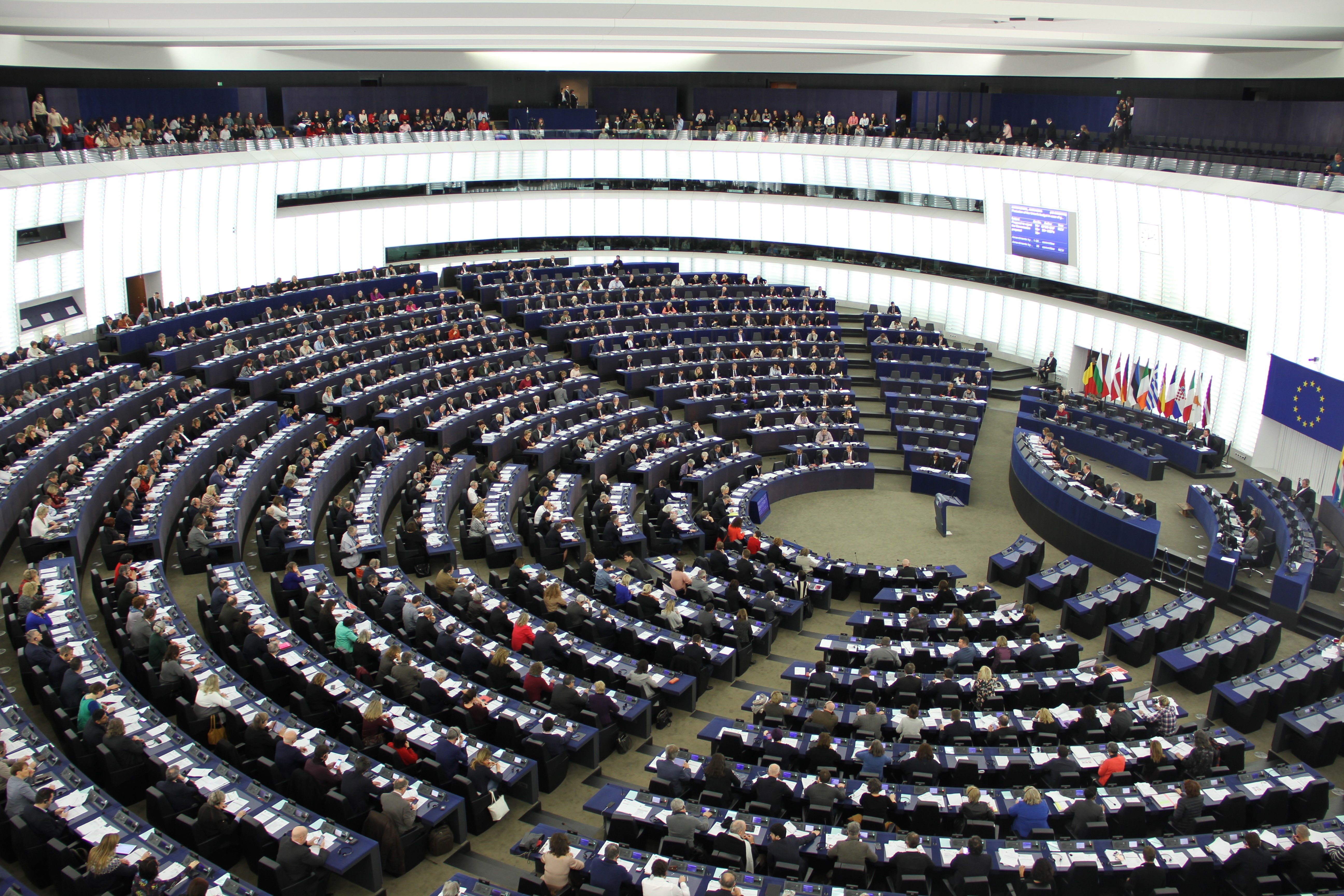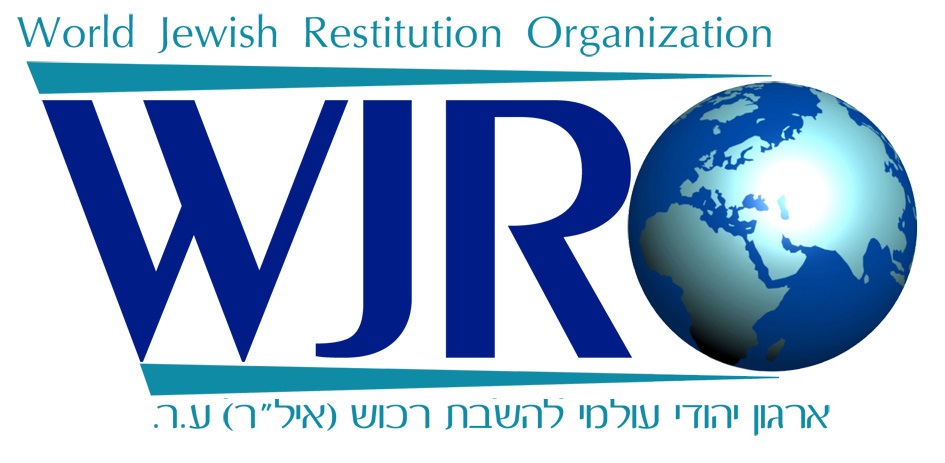
European Parliament Passes Resolution to Identify and Recover Looted Art
Resolution Calls for Comprehensive Database for Jewish-Owned Artworks Seized by the Nazis
Millions of cultural goods were stolen during WWII including
more than 650,000 pieces of art; Over 110,000 art pieces remain missing
(Strasbourg, France) January 17, 2019: The World Jewish Restitution Organization (WJRO) welcomes passage today by the European Parliament of a resolution strongly calling on the European Union and its Member States to establish practices to identify and recover works of art and cultural goods such as books, manuscripts, and ritual items looted during war.
“Ahead of International Holocaust Remembrance Day, this is a powerful declaration of support by the European Parliament for Holocaust survivors and their families in their decades-long quest for justice from the largest cultural theft in history,” said Gideon Taylor, WJRO Chair of Operations. “WJRO has long called for heightened provenance research and removal of the many obstacles that survivors and their families face in recovering what was so wrongfully taken from them.”
The resolution notes estimates that millions of cultural goods were stolen during World War II, including 650,000 pieces of art. An estimated 110,000 works remain missing.
The resolution was passed with 544 votes to 62 and 20 abstentions, and endorses the Report on cross-border restitution claims of works of art and cultural goods looted in armed conflicts and wars by MEP Pavel Svoboda, Chair of the EU Parliament Committee on Legal Affairs (EPP, Czechia).
The European Parliament’s resolution describes cultural heritage as “one of the basic elements of civilization” and emphasizes that restitution of looted cultural property is a “major shared concern that needs to be addressed.” Currently, the return of looted art during war has created legal challenges for recovery as the process often involves complicated and unclear international and national European authorized requirements.
In particular, the European Parliament recognized the problems caused by statutes of limitations and called on the European Commission to “strike the right balance.” The resolution specifically cited the US Holocaust Expropriated Art Recovery Act. That Act, supported by WJRO and passed in 2016, sets the statute of limitation based on the time the claimant discovered the artwork and his or her interest in it.
In the resolution, the European Parliament stressed the importance of provenance research, describing it as an “urgent need.”
The resolution calls on the European Commission to “protect, support, and encourage cross-border restitution claims” by:
- Creating a comprehensive listing of all cultural objects including Jewish-owned cultural goods plundered by the Nazis and their allies “from the time of their spoliation to the present day”
- Developing a data collection system about looted cultural goods on the status of existing claims
- Protecting cross-border restitution claims
- Encouraging provenance research throughout the European Union and supporting it financially
- Clarifying provenance when artworks are purchased/transferred
- Identifying legal measures to help overcome the problems encountered by individuals seeking the restitution of works of art found on the art market
- Developing common principles for access to public and private archives and for how ownership or title are established as well as rules on standards of proof and the concept of looting and art
In May 2018, President Trump signed a related law, the Justice for Uncompensated Survivors Today (JUST) Act. The JUST Act requires the State Department to investigate and submit a report to Congress on the extent to which endorsees of the 2009 Terezin Declaration on Holocaust Era Assets and Related Issues are meeting their pledges to adopt national laws and policies to help Holocaust survivors identify and reclaim their properties. The report is due in December 2019.
# # #
For media inquiries please contact pr@wjro.org.il





